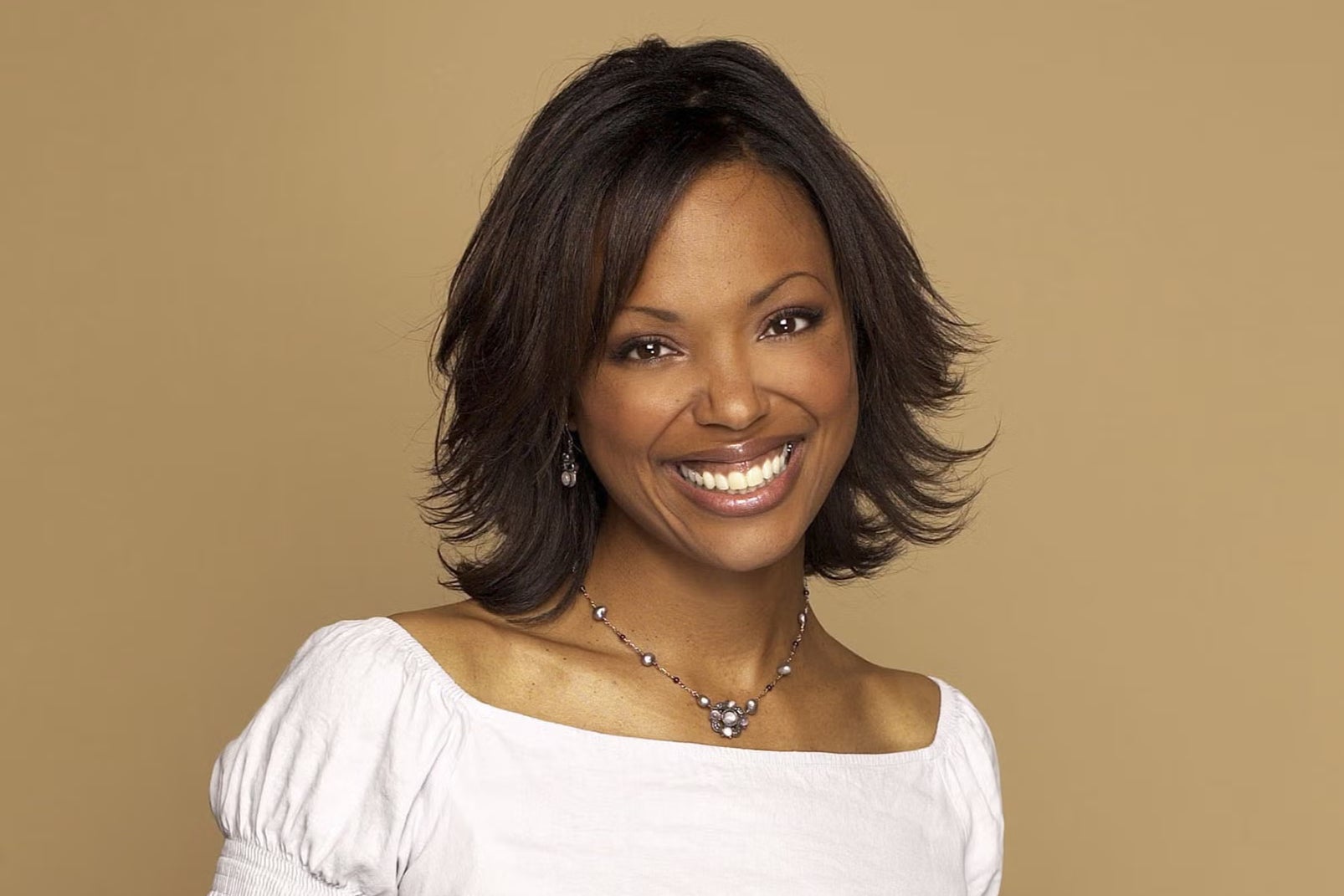Aisha Tyler has made a significant impact in the television industry, particularly as the first Black recurring cast member in the beloved sitcom Friends. As the show celebrates its 30th anniversary, Tyler's reflections offer a glimpse into the challenges and triumphs of representation on screen. Her character, Charlie, not only brought diversity to the show but also sparked conversations about inclusion in media—a topic that remains relevant today.
Joining the cast during the ninth season in 2003, Aisha Tyler portrayed Ross’s girlfriend, Charlie, who was initially introduced as a palaeontology professor. This role marked a turning point in the series, which had been criticized for its lack of diversity despite being set in the culturally rich environment of Manhattan. Tyler's experience on Friends serves as a lens through which we can examine broader issues of representation in Hollywood.
In a recent interview with The Independent, Tyler reminisced about the common refrain she heard: "Black girl from Friends!" This phrase highlighted the public's awareness of the show's demographic shortcomings. Reflecting on this, Tyler noted that while the discussions around diversity in television have evolved, the absence of social media during the show's original run meant that the conversation was not as widespread as it could have been.
Biography of Aisha Tyler
| Full Name | Aisha Tyler |
|---|---|
| Date of Birth | September 28, 1970 |
| Birthplace | San Francisco, California, USA |
| Occupation | Actress, Comedian, Author, Director |
| Notable Works | Friends, Criminal Minds, The Talk |
| Education | University of California, Santa Barbara |
Challenges of Representation in Television
Throughout her career, Tyler has faced numerous challenges related to representation, particularly as a woman of color in Hollywood. During her time on Friends, she noticed that the lack of diversity was a recurring theme in the industry. "For a show that was set in the heart of Manhattan, it really lacked diversity," she remarked, emphasizing how the narrative around race and representation has shifted over the years.
Tyler pointed out that while her character was not specifically written as a woman of color, her presence on the show was a step towards acknowledging the need for greater representation. This approach allowed for a more natural integration of diversity into the storyline without forcing it, a tactic that she believes is crucial for authentic storytelling.
Impact of Aisha Tyler's Role
Tyler’s role as Charlie was significant not only for its representation but also for how it resonated with audiences. By portraying a smart and sexy character who happened to be Black, Tyler helped break stereotypes and opened doors for future storylines that include diverse characters. "They just wrote this smart, sexy character and she happened to be Black," she explained, highlighting the importance of writing characters with depth and complexity.
Furthermore, Tyler believes that the entertainment industry is gradually recognizing the value of diverse narratives. "We know that great stories are human stories, and they’re varied and diverse and compelling," she stated, reinforcing the notion that audiences are eager to engage with stories that reflect a multitude of experiences. This shift is vital for creating a more inclusive media landscape, one that celebrates diversity rather than merely acknowledging it.
Continuing the Conversation on Diversity
As conversations surrounding race, gender, and representation continue to evolve, Tyler remains a strong advocate for inclusivity in Hollywood. She has witnessed firsthand the "ridiculous set of beliefs" that have historically influenced casting decisions and storylines. "They’d say people won’t watch a show with these characters," she said, challenging the outdated notions that still persist today.
Tyler's journey in the entertainment industry serves as a beacon of hope for aspiring actors and creators from underrepresented backgrounds. By sharing her experiences, she encourages others to pursue their dreams and challenge the status quo. "More women and more people of color and other excluded groups are getting behind the camera and telling their stories," she emphasized, signifying a promising shift towards a more equitable industry.
Conclusion
Aisha Tyler's reflections on her role in Friends and the broader implications of diversity in Hollywood offer critical insights into the ongoing struggle for representation in media. Her experience highlights the importance of authentic storytelling that embraces varied human experiences. As the conversation around diversity continues to grow, Tyler's advocacy serves as a reminder that every voice matters, and every story deserves to be told.
For those looking to learn more about Aisha Tyler’s journey and the impact of her work in the industry, you can read the full interview with her in The Independent. Her story is a testament to the power of representation and the importance of continuing the dialogue around diversity in entertainment.






